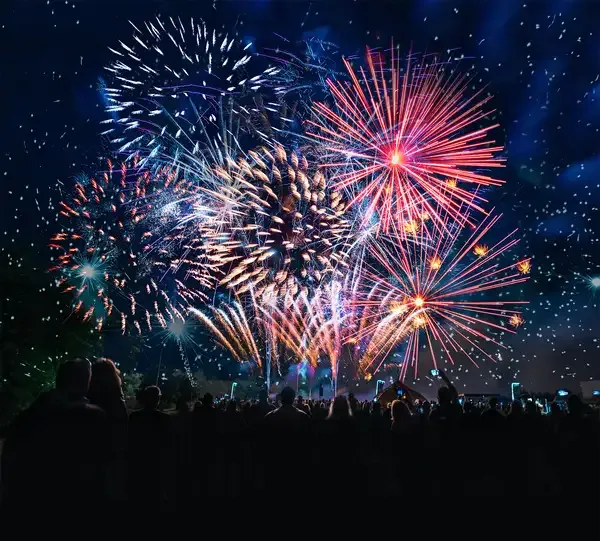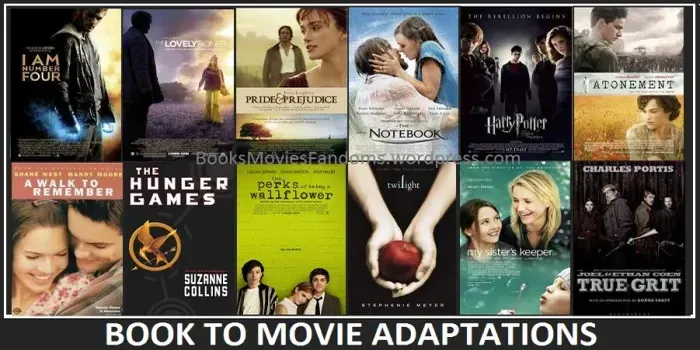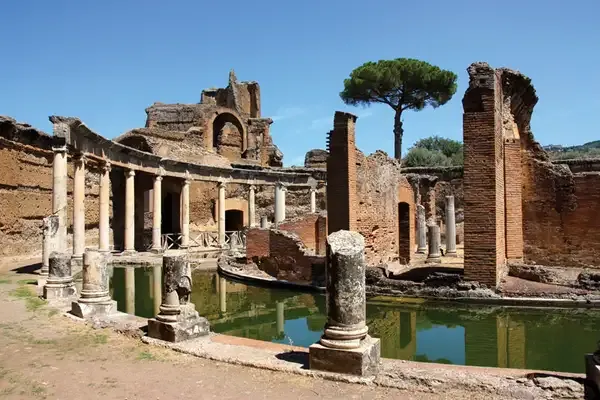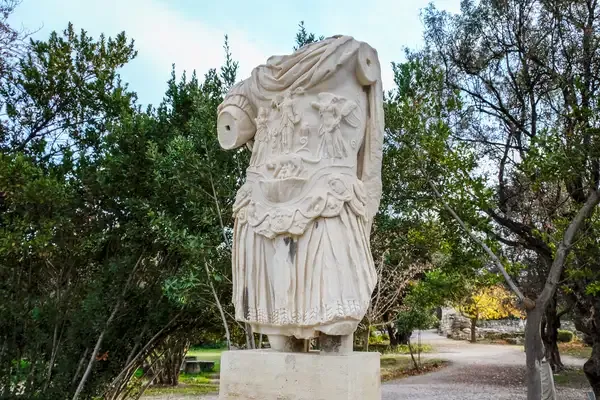Why Do Americans Celebrate the Fourth of July with Fireworks?
Americans celebrate the Fourth of July with fireworks to commemorate the adoption of the Declaration of Independence on July 4, 1776. Fireworks symbolize the excitement and triumph of the American Revolution, reflecting the historic fight for freedom and independence from British rule. The tradition dates back to the early celebrations of the Fourth, where fireworks represented a visual expression of national pride and unity. Over time, this vibrant display has become an integral part of the holiday's festivities.

Independence Day, celebrated on July 4th, is a significant event in American history, marking the adoption of the Declaration of Independence in 1776. One of the most iconic traditions associated with this holiday is the use of fireworks. Understanding why Americans celebrate the Fourth of July with fireworks involves delving into the historical roots, cultural significance, and modern practices surrounding this explosive display.
The Historical Significance of Fireworks
The use of fireworks on the Fourth of July can be traced back to the very first celebration of Independence Day. On July 4, 1777, just one year after the signing of the Declaration of Independence, fireworks were used in Philadelphia as part of the festivities. The tradition quickly gained popularity and became a staple of Independence Day celebrations across the nation.
Fireworks were chosen as a form of celebration because they symbolize the joy and excitement of freedom. As John Adams famously wrote in a letter to his wife Abigail, July 4th should be celebrated with "pomp and parade, with shows, games, sports, guns, bells, bonfires, and illuminations." The "illuminations" he referred to were fireworks, which visually represented the light of liberty and the dawn of a new nation.
Cultural Significance of Fireworks
Fireworks also hold cultural significance in American society. They serve as a unifying force, bringing together people from all walks of life to celebrate a common identity. The bright colors and booming sounds evoke a sense of nostalgia and pride, reminding Americans of the sacrifices made for their freedom.
As a result, fireworks have become synonymous with summer festivities, family gatherings, and community events. In many towns and cities, fireworks displays are the highlight of Fourth of July celebrations, often drawing large crowds who come together to witness the spectacle.
Modern Practices and Safety Concerns
Today, fireworks are an integral part of Fourth of July celebrations across the United States. The scale of these displays has evolved, with professional shows increasingly common in urban areas. Many cities organize grand fireworks events, complete with synchronized music and elaborate pyrotechnics.
However, with the excitement of fireworks comes the responsibility of safety. Fireworks can be dangerous if not handled properly, leading to injuries and accidents. As such, many states and municipalities have regulations in place regarding the sale and use of fireworks to ensure public safety.
To mitigate risks, many Americans choose to attend public displays rather than setting off their own fireworks. This not only enhances safety but also supports local businesses and communities that organize these events.
Fireworks and the Economy
The fireworks industry plays a significant role in the American economy, particularly around the Fourth of July. The demand for fireworks increases dramatically during this time, leading to a surge in sales for both retail and wholesale vendors. According to the American Pyrotechnics Association, the fireworks market is worth over $1 billion annually in the United States.
This economic impact extends beyond just the fireworks themselves. Local businesses, including restaurants, hotels, and retailers, benefit from the influx of visitors who come to enjoy the celebrations. Many towns host festivals, parades, and other events that encourage tourism and stimulate local economies.
Environmental Considerations
While fireworks are a beloved tradition, they also raise environmental concerns. The use of fireworks contributes to air and noise pollution, and they can pose risks to wildlife and natural habitats. As a result, some communities are exploring alternative celebration methods that minimize environmental impact.
For instance, many places are considering drone light shows or laser displays as eco-friendly alternatives to traditional fireworks. These alternatives can provide stunning visual effects without the associated pollution, offering a modern twist on a classic celebration.
Conclusion: The Ongoing Tradition
Fireworks have become an enduring symbol of American independence and celebration. The practice of lighting up the sky on the Fourth of July is not only a tribute to the nation's history but also a vibrant expression of cultural identity. As Americans continue to celebrate this cherished holiday, the tradition of fireworks will likely persist, evolving with new technologies and considerations for safety and the environment.
Whether it's the thrill of watching a spectacular display or the joy of gathering with family and friends, the fireworks of July 4th represent a profound connection to the past, celebrating freedom and the spirit of America.












